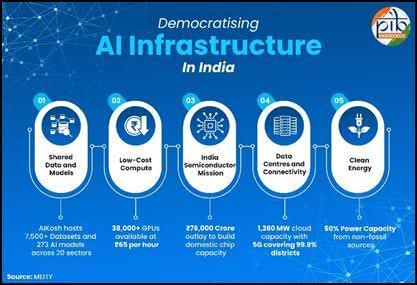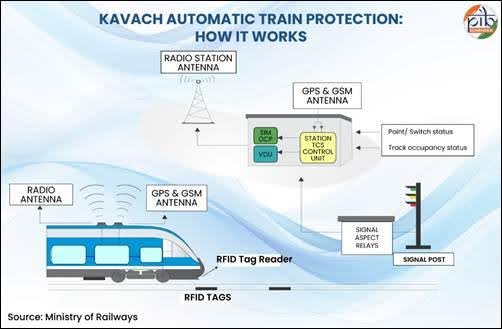



GLEX 2025, hosted in New Delhi, unites global space leaders to discuss innovations in exploration. India showcases milestones like Chandrayaan-3, Gaganyaan, and satellite docking. Highlighting cooperation, PM announces an Indian astronaut’s ISS visit. Organized by IAF, ISRO, and ASI, the event promotes global partnerships and India’s rising space ambitions.

Copyright infringement not intended
Picture Courtesy: PIB
India to host the 12th edition of the Global Space Exploration Conference (GLEX 2025) from 7th to 9th May 2025 in New Delhi.
The 12th Global Space Exploration Conference (GLEX 2025) brings together scientists, astronauts, engineers, and space leaders from over 50 countries to discuss the future of space exploration.
The theme, “Reaching New Worlds: A Space Exploration Renaissance,” focuses on new ideas, teamwork across nations, and including everyone in space science.
International Astronautical Federation (IAF)
It was founded in 1951, is a global group with over 500 members from 78 countries, including space agencies like NASA, ISRO, and private companies. Its goal is to connect space experts and promote cooperation.
The IAF organizes the GLEX series to share knowledge and plan joint space missions. Its motto, “Connecting @ll Space People,” reflects its mission to unite the global space community.
Indian Space Research Organisation (ISRO)
It works under the Department of Space (DOS), directly reporting to the Prime Minister. Its mission is to use space technology for India’s development—think weather forecasting, communication, disaster management, and scientific discovery.
Since its formation in 1969, ISRO has grown into a global space powerhouse despite a modest budget of about $1.6 billion, much smaller than NASA’s $25 billion.
Astronautical Society of India (ASI)
It is a professional body that promotes astronautics (the science of space travel and exploration) in India. Based in Bengaluru, ASI works closely with ISRO to advance space research and inspire young scientists.
It organizes conferences, awards, and workshops to recognize contributions to India’s space program.
PM announces that an Indian astronaut will travel to the International Space Station (ISS) in May 2025 as part of a joint ISRO-NASA mission. Group Captain Shubhanshu Shukla will pilot the Axiom-4 mission, becoming the first Indian to visit the ISS in 40 years. ISRO also plans to launch the Bharatiya Antariksh Station (Indian Space Station) by 2035, opening new research opportunities.
The summit discusses advanced topics like deep-space exploration, satellite manufacturing, and private sector involvement. India invites global companies to partner in these areas, showing its open and collaborative approach.
India’s Space Achievements Showcased at GLEX 2025
Must Read Articles:
Source:
|
PRACTICE QUESTION Q. "Space technology is no longer a luxury but a necessity for economic growth." Critically analyze. 150 words |




© 2026 iasgyan. All right reserved